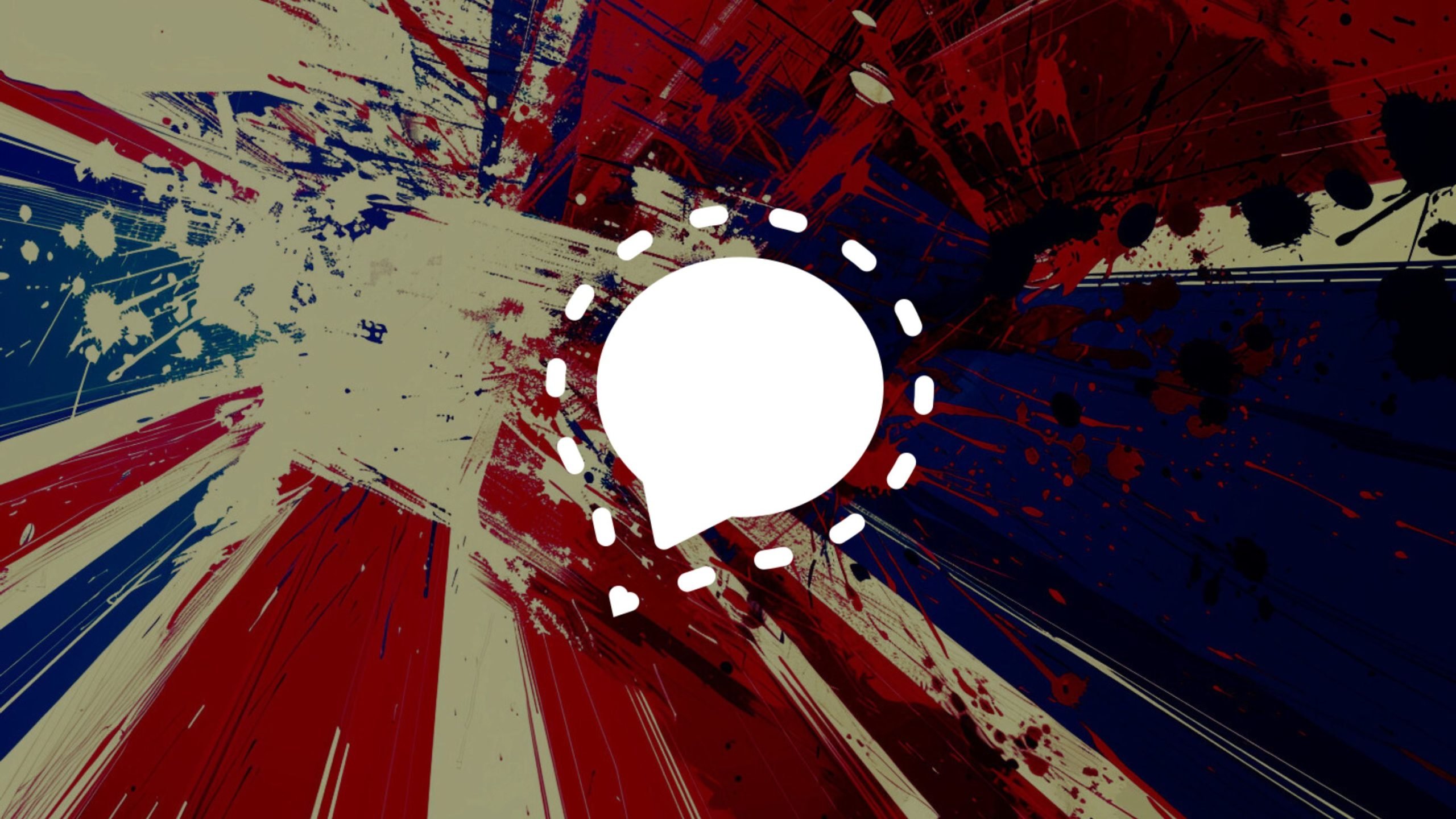UK’s Science, Innovation, and Technology Committee’s fourth and final meeting on social media misinformation and harmful algorithms saw renewed attacks against end-to-end encryption, and platforms like Telegram and Signal.
And once again, representatives of the authorities tried to pin the blame for the Southport riots on social media and apps that are outside the scope of what is regulated as Big Tech.
During the session held on April 29, the Committee sought answers about “social media, misinformation and harmful algorithms” from the regulator Ofcom, the Information Commissioner (ICO), and the Department of Science, Innovation and Technology (DSIT).
Labour MP Paul Waugh focused on end-to-end encrypted messengers, specifically the one provided by Facebook, choosing to oddly refer to the secure online technology as “a challenge” that needs to be “combated” – and suggest it is basically a tool of enabling child sex abuse online.
Addressing Ofcom Director of Online Safety Strategy Delivery Mark Bunting, Waugh wanted to know what the regulator was doing “to combat that challenge.”
Bunting replied that encryption has been “identified as one of the areas of risk that companies have to take account of” and called it “a problem.”
And while stating that encryption provides “enormous benefits in terms of privacy and security to users,” and adding that for those reasons, it is “very highly valued by users” (but not so much the authorities?) – Bunting went on to state that, “it does mean that a lot of the tools that we want to see companies use, including the AI (harms) detection tools, aren’t operable in encrypted environments.”
“We think it’s a challenge for the industry. We have been clear that we’re expecting the industry to do more work on techniques that are being developed to detect harmful activity in encrypted environments,” the Ofcom official said, as well as that this was “one of the priority areas of work” for his technology team.
More: UK Gov Pushes Censorship, Blaming Online Content for Southport Killings
Labour MP Emily Darlington used the meeting to go after smaller platforms that are also providing users with end-to-end encryption – and try to forge a link between their use, and the riots that engulfed the UK last summer after the Southport murders of schoolchildren.
Telegram was among those singled out, despite it having over one billion users. Nevertheless, it was “lumped in” with Signal, 4chan, 8chan, etc., all with the goal of connecting the dots Darlington sees between “small apps” and “far-right extremist activity” – the implication being that this is where such activity flies under the regulatory radar, and what Ofcom can enforce.
English politicians will never let us forget that Orwell was their compatriot, so, addressing Mark Bunting, Darlington mentioned that Ofcom has something called, “a small high harms platform task force.”
The response was that this was “a really important area” for Ofcom, while DSIT Director for Security and Online Harm Talitha Rowland said her team was “really concerned” about “small but risky sites (that are) a real danger to UK citizens” – while praising Ofcom’s “small but risky” task force.










